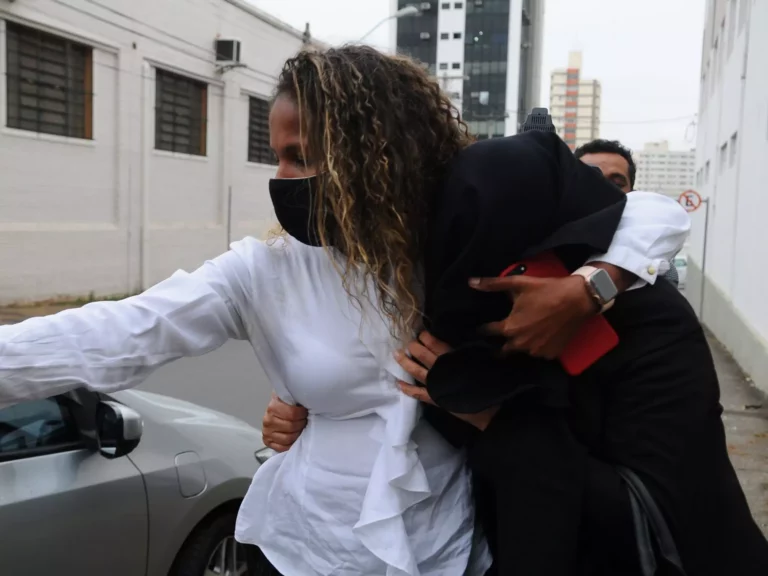The Brazilian Institute of Environment and Renewable Natural Resources (Ibama) announced this Wednesday (17) the decision to deny the license for drilling in the Basin of the mouth of the Amazon River. This measure aims to protect the important region and its unique ecosystems, according to the agency.
In a note, Ibama stated that it was based on in-depth technical analyzes and expert opinions. Aspects such as the environmental risks associated with the drilling activity, potential impacts on marine life and the livelihood of local communities, as well as the lack of conclusive studies on the feasibility and safety of this exploration in the region were considered.
Read more: ‘New pre-salt’ in Brazil? With no broad study, Petrobras puts the Amazon River mouth at risk
Urgency regime for the new fiscal framework
The Brazilian Chamber of Deputies approved, this Wednesday (17), the urgency of the Complementary Law Project 93/2023, known as the new fiscal framework project, which creates new rules to guarantee the country’s macroeconomic stability and create suitable conditions for socioeconomic growth.
The urgency was approved with a wide margin of votes in favor of the Ministry of Finance project: 367 in favor and 102 against. Among the parties Communist Party of Brazil (PCdoB), Social Democratic Party (PSD), Brazilian Democratic Movement Party (MDB), Union Brazil Party, Brazilian Social Democracy Party (PSDB) and Citizenship Party, there was support for the urgency of the procedure by the guidance of each party leader.
New “More Doctors” Program
The Brazilian government formalized this Thursday (18) the More Doctors Project for Brazil, a new version of the program created in 2013 by then-president Dilma Rousseff (Workers’ Party) and dismantled by Michel Temer (Brazilian Democratic Movement Party) and Jair Bolsonaro (Liberal Party).
In a joint ordinance signed by the Minister of Health, Nísia Trindade, and by the Minister of Education, Camilo Santana, details were presented on the execution of the project, reinforcing the importance of reducing the lack of doctors in priority regions as well as the importance of improving professionals through post-graduation courses – including foreign institutions and international organizations.
Announced on March 20th, the program will offer 15,000 new positions in the Unified Health System (SUS) across the country, focusing on the most needy regions, increasing the number of professionals hired by the project to 28,000 by the end of this year.
Federal Supreme Court: judgment on prohibition of aerial spraying of pesticides
This Friday (19), the Brazilian Federal Supreme Court (STF) resumes the judgment that will decide whether or not it is constitutional to prohibit the aerial spraying of pesticides. The plenary appreciates a lawsuit filed by ruralists to overturn the only state law that inhibits this use in Brazil, Law 16.820/19, in the state of Ceará, in the northeast region of Brazil.
Despite being a Ceará case, the decision will have repercussions throughout the country. It will affect, for example, the progress of similar bills being processed in another 18 states.
The forecast is that the Supreme Court concludes by May 26 the judgment that began in 2021 and has stopped over these two years.
Edited by: Flávia Chacon








